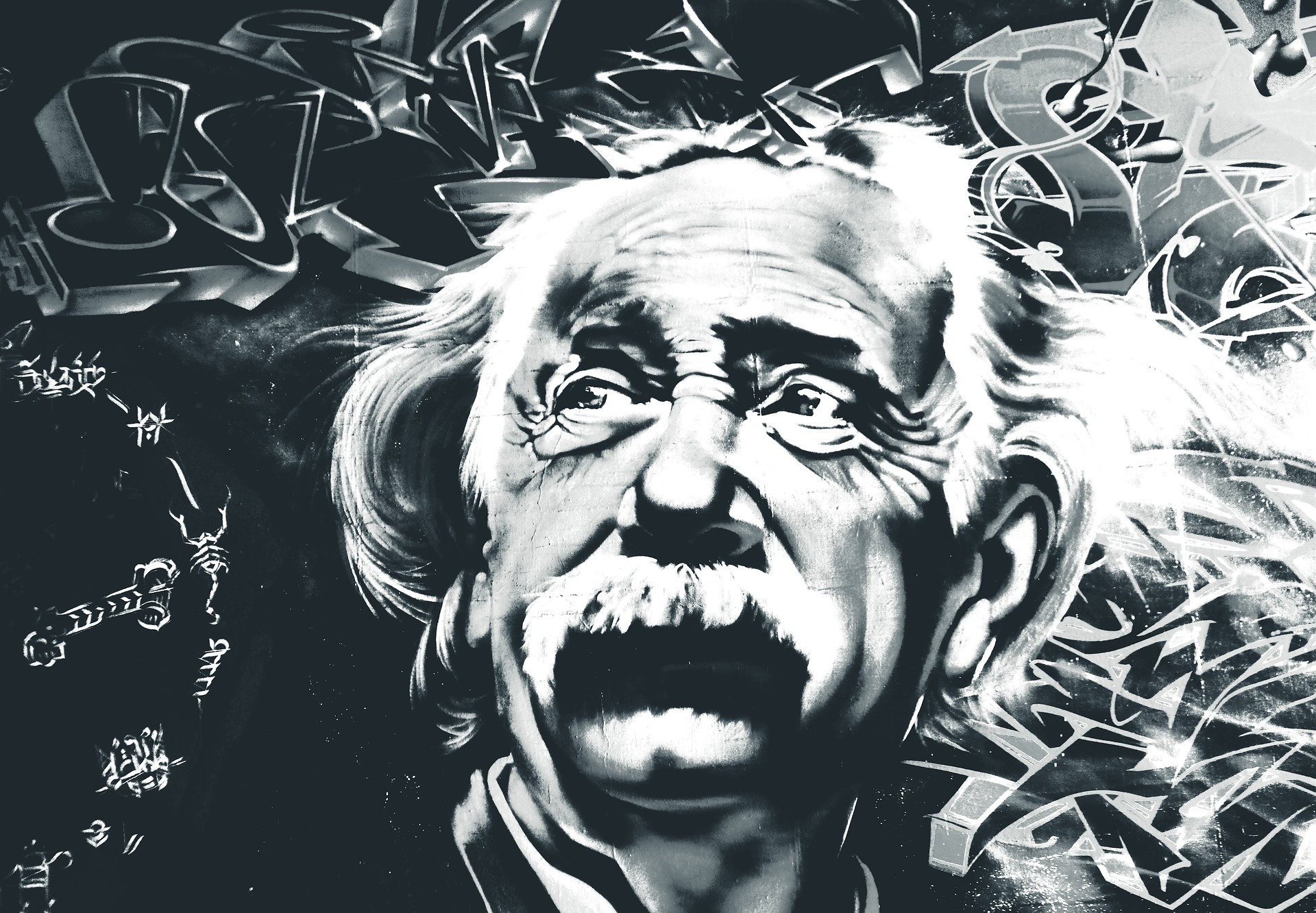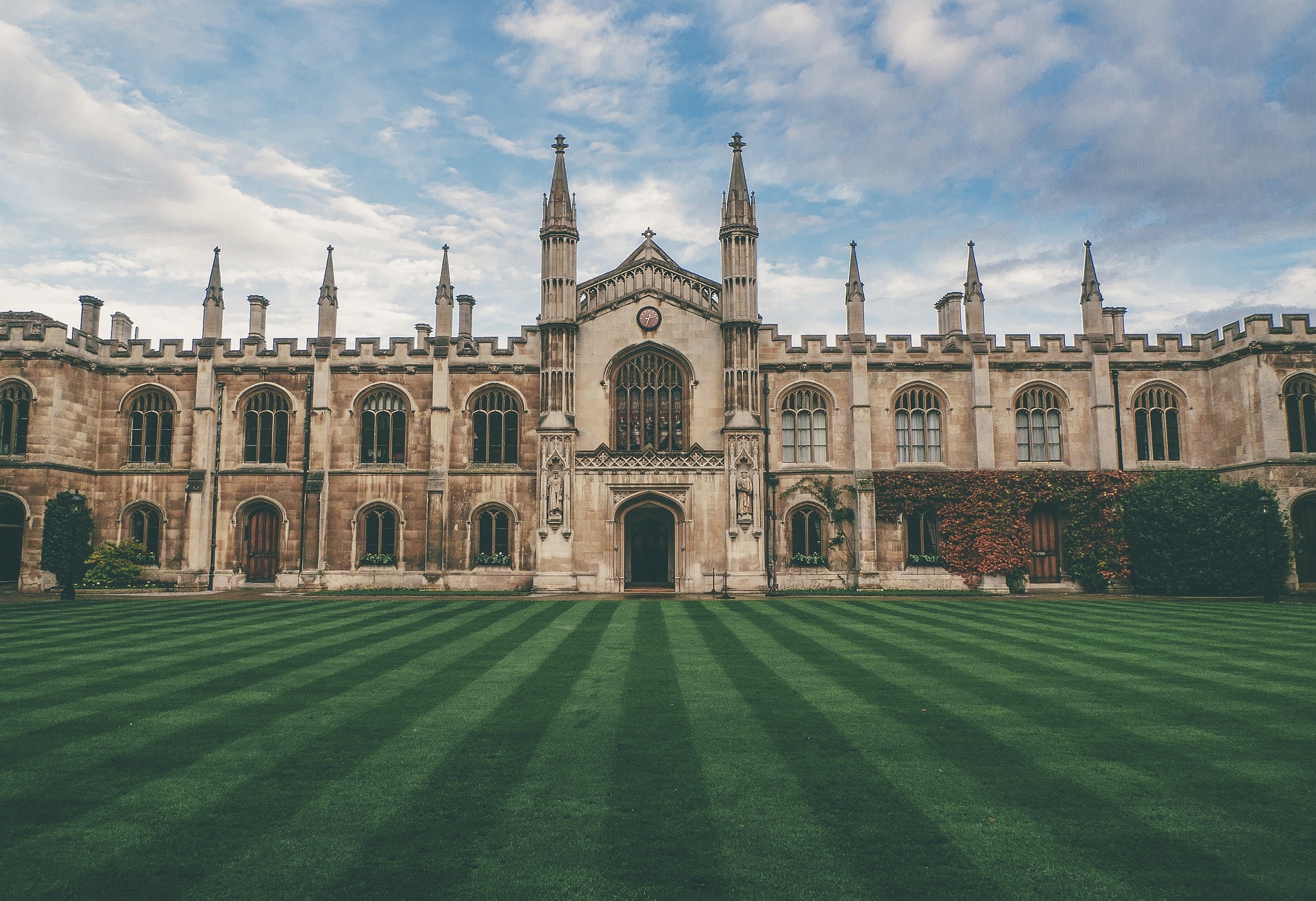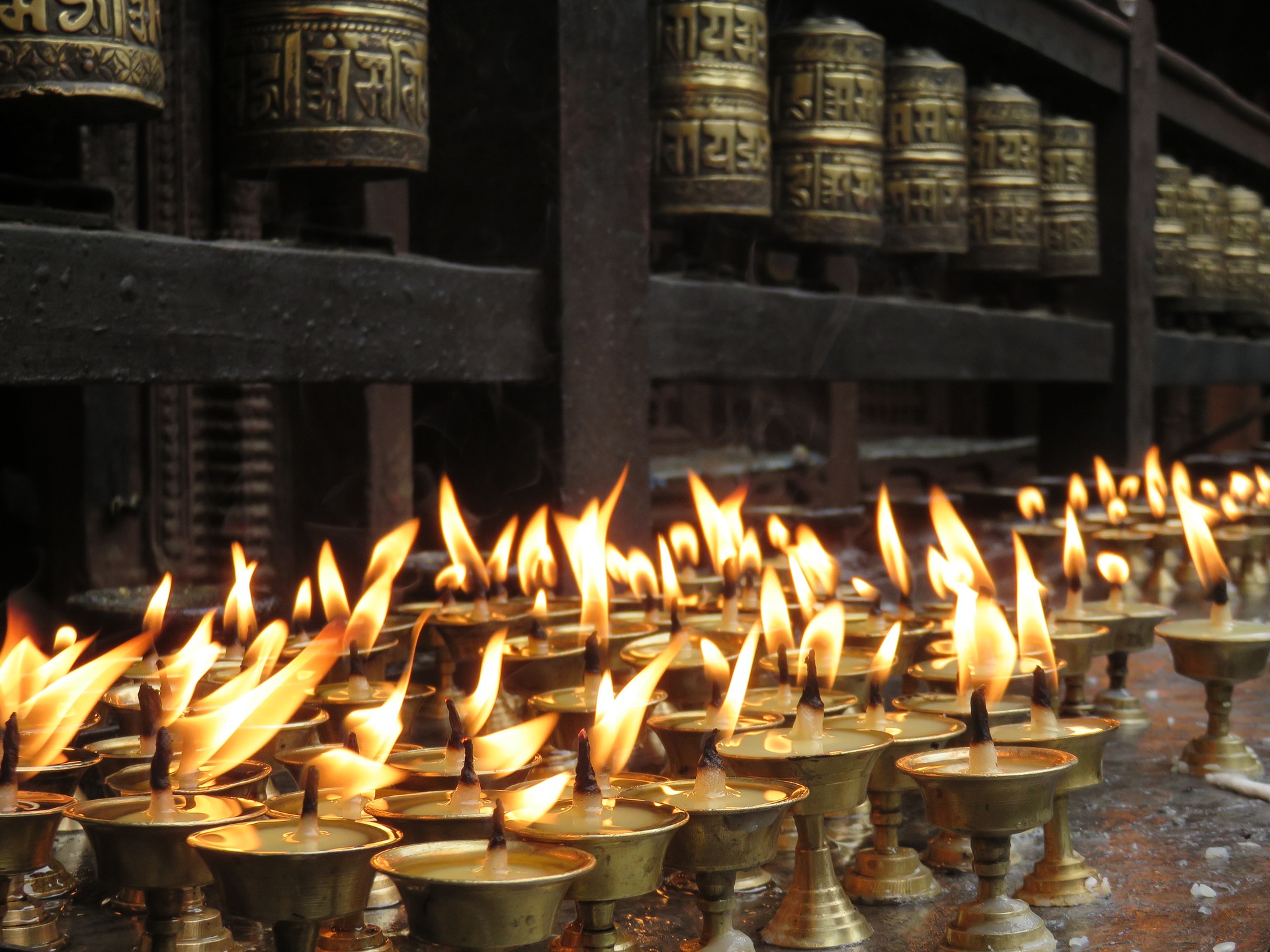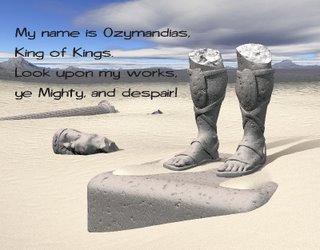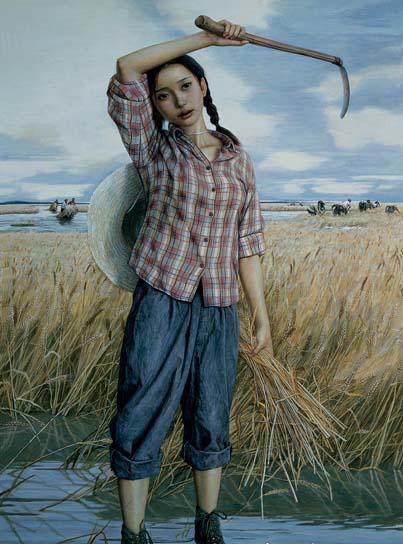About the Poet – Ronald Stuart Thomas (29 March 1913 – 25 September 2000), published as R. S. Thomas, was a Welsh poet and Anglican priest who was noted for his nationalism, spirituality and recognized as one of the leading poets of the 20th century, R. S. Thomas writes about the people, of his country Wales in a style that elevates them to universal representatives of humankind. The nation’s harsh and rugged terrain has influenced his language that is ornamented with a cold telling purity. The son of a sailor, Thomas spent much of his childhood in British port towns where he and his mother would live while his father was away at sea. His early education began late and was only infrequently pursued until his father found steady work with a ferry boat company operating between Wales and Ireland, and the family was able to settle in the Welsh town of Caergybi. After graduating from school Thomas studied for the Anglican priesthood, a career first suggested to him by his mother. Thomas served in churches located in six different Welsh towns. These appointments gave him a firsthand knowledge of Welsh farming life and provided him with a host of characters and settings for his poetry. Although he had written poetry in school, it was only after meeting Mildred E. Eldridge, the woman who was to become his wife that Thomas began to write seriously. She being an established painter already inspired him to establish himself as a poet as well. Hereafter started a rich journey of poetry that touched the heart and soul of one and all. Many of Thomas’s poems set his farming characters against the bleak and forbidding landscape of Wales, focusing on the difficulties of rural existence, and as a clergyman, he imbues his poetry with a consistently religious theme, echoing his own words, “What I’m after,” John Mole of Phoenix quotes Thomas explaining, “is to demonstrate that man is spiritual.” Hence, we find an element re appearing in most of his poems where, man celebrates the process of life despite all odds presented by the cosmos, developing upon one s spirituality, by being close to their core, the land. Keith reports that Thomas is “now recognized as a prominent voice in British poetry of the second half of the twentieth century” and “has strong claims to be considered the most important contemporary Anglo-Welsh poet.”
About the Poem
“The One Furrow” by R.S.Thomas is an unassuming piece of poetry that delivers a message of universal importance to mankind. The words chosen too are inconspicuous, ordinary words describing the process of education to the fullest in an economic manner making the point more hard hitting. We can trace a journey through the poem, from schooling to the peak of education, and then to the closing stages of life, running parallel to it is the journey undertaken by the poet’s mind which appears as the microcosm for the macrocosm. Following the path set, a child finds himself going to school in search of knowledge, once a little learned he still is in quest of the ultimate knowledge of peace that shall reward the mind with rest. However, when the search proves futile, the infected mind becomes restless, it’s then the poet finds himself guided back to the correct path, following which would lead him to the conquest of the much coveted peace for the human soul, but the only condition of it is dispensing the negative quality of “pride”, being grounded. Its only when one remains humble, that one can adapt to the ways of the world restoring their mental peace, and the sole way known to the poet is reconnecting to the land, in other words, being tied to one s roots, without which one is nothing and forgetting which will make one incapable of travelling further, for soon after some point of time he would be drained of vitality. Thus, the poet finds himself walking the right path unconsciously, in a way, showing the path of peace to the rest.
Setting and Mood of the Poem
“The One Furrow” by R.S.Thomas has a civilized setting in the beginning but goes on to draw a pastoral setting towards the ending. Beginning with a picture of the school, a sign of progress and learning, the poet moves to drawing a pastoral scene with the names of a few equipments needed for agriculture, going on to elaborate how the latter is an example of going back to the roots, his roots and commenting on the universal quality that every soul possess within. The mood is that of progress even though the steps taken are backwards. The worldwide setting is represented within the microcosm of school and field mentioned by the poet, enhancing its worldwide appeal.
Annotation Stanza-Wise
Foot rule : a foot-long measuring instrument
Slate : a fine-grained grey, green, or bluish-purple metamorphic rock easily split into smooth, flat plates, usually used as writing on with chalks by children, amongst its various other uses.
keen eyed : eyes that observe all eagerly
Cattle : animals domesticated for meat or milk, or as beasts of burden; cows and oxen.
Barrow : a two-wheeled handcart used especially by street vendors
Plough : a large farming implement with one or more blades fixed in a frame, drawn over soil to turn it over and cut furrows in preparation for the planting of seeds
Furrow : a long, narrow trench made in the ground by a plough, especially for planting seeds or irrigation.
Summary of The One Furrow
Stanza 1:
When I was young, I went to school
With pencil and foot rule
Sponge and slate,
And sat on a tall stool
At learning’s gate.
At an early age, following the milestones of growth set up by the society the poet too was enrolled in school for partaking education, the path everyone has to walk on to attain supposed knowledge and enlightenment. The poet had with him the usual materials needed to attend classes, pencil, foot rule, sponge and slate. Armed with the weapons of education he recalls sitting on a tall stool, at “learning’s gate”, referring to standing at the threshold of the world of learning.
Stanza 2:
When I was older, the gate swung wide;
Clever and keen-eyed
In I pressed,
But found in the mind’s pride
No peace, no rest.
As the poet grew older, learnt more, gained more knowledge, the “gate” of “learning” swung wide, in other words opened wider as he understood way more and knew more than before. Blessed with the attributes of being clever and keen to learn, the poet “pressed” in further, delving deeper in the world of edification. Enlightened and knowledgeable, his mind was proud of all that it has achieved, It was this pride that caused him to be not able to gain peace or rest, the price paid for an arrogant well learned mind that took him away from spirituality.
Stanza 3:
Then who was it taught me back to go
Tocattle and barrow,
Field and plough:
To keep to the one furrow,
As I do now?
Unable to secure peace, the poet from there onwards found his way back to “cattle and barrow, field and plough”, the land he had come from, to “keep to the one furrow”, regaining all the serenity of the soul from that source. However he continues musing who was it that taught him to go back, who was it who showed him the way and taught him to do as he did then.
Some online learning platforms provide certifications, while others are designed to simply grow your skills in your personal and professional life. Including Masterclass and Coursera, here are our recommendations for the best online learning platforms you can sign up for today.
The 7 Best Online Learning Platforms of 2022
- Best Overall: Coursera
- Best for Niche Topics: Udemy
- Best for Creative Fields: Skillshare
- Best for Celebrity Lessons: MasterClass
- Best for STEM: EdX
- Best for Career Building: Udacity
- Best for Data Learning: Pluralsight
